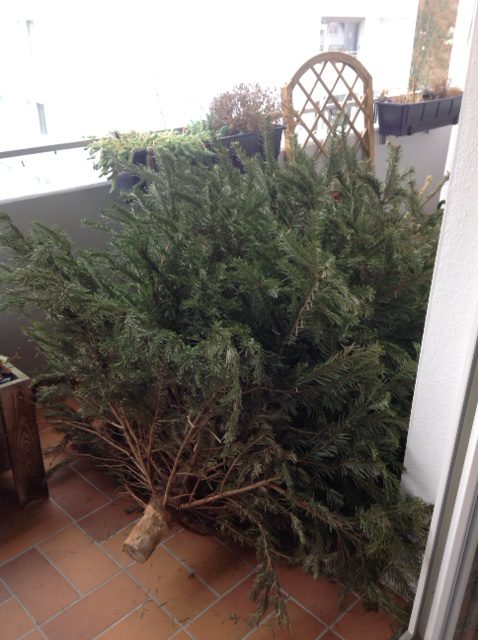Martin was a pious man who lived in the town of Tours, and its residents held him in high honor for his caring and willingness to help. In the year 371 (or 372), the residents wanted him to become Bishop of Tours, but being the modest man he was, he shied away from this high position. He decided to hide in the goose shed instead.
But the geese were clucking so loudly around Martin, that the town folks soon found him. Soon after, he was made Bishop of Tours.
The custom of eating Martinsgans (a.k.a. Martinmas Goose) on St. Martin’s Day has another reason as well.
In the farmers’ calendar, the day of St. Martin (11 November) has always been a special day. On that day, the farmers’ fiscal year ended. Therefore, wages, interest, and taxes were due, and animals got butchered. Often, interest was paid in the form of natural goods, such as geese. That way, they did not have to get fed through the winter time, and were served on St. Martin’s Day instead.
In addition, after 11 Nov (nowadays, the official beginning of the Fasching season), a strict time of fasting began towards Christmas. That way, people had the chance to have a last feast before fasting for the following six weeks up to Christmas.





